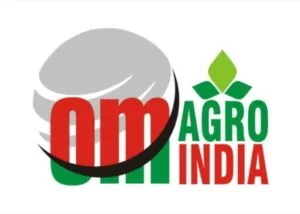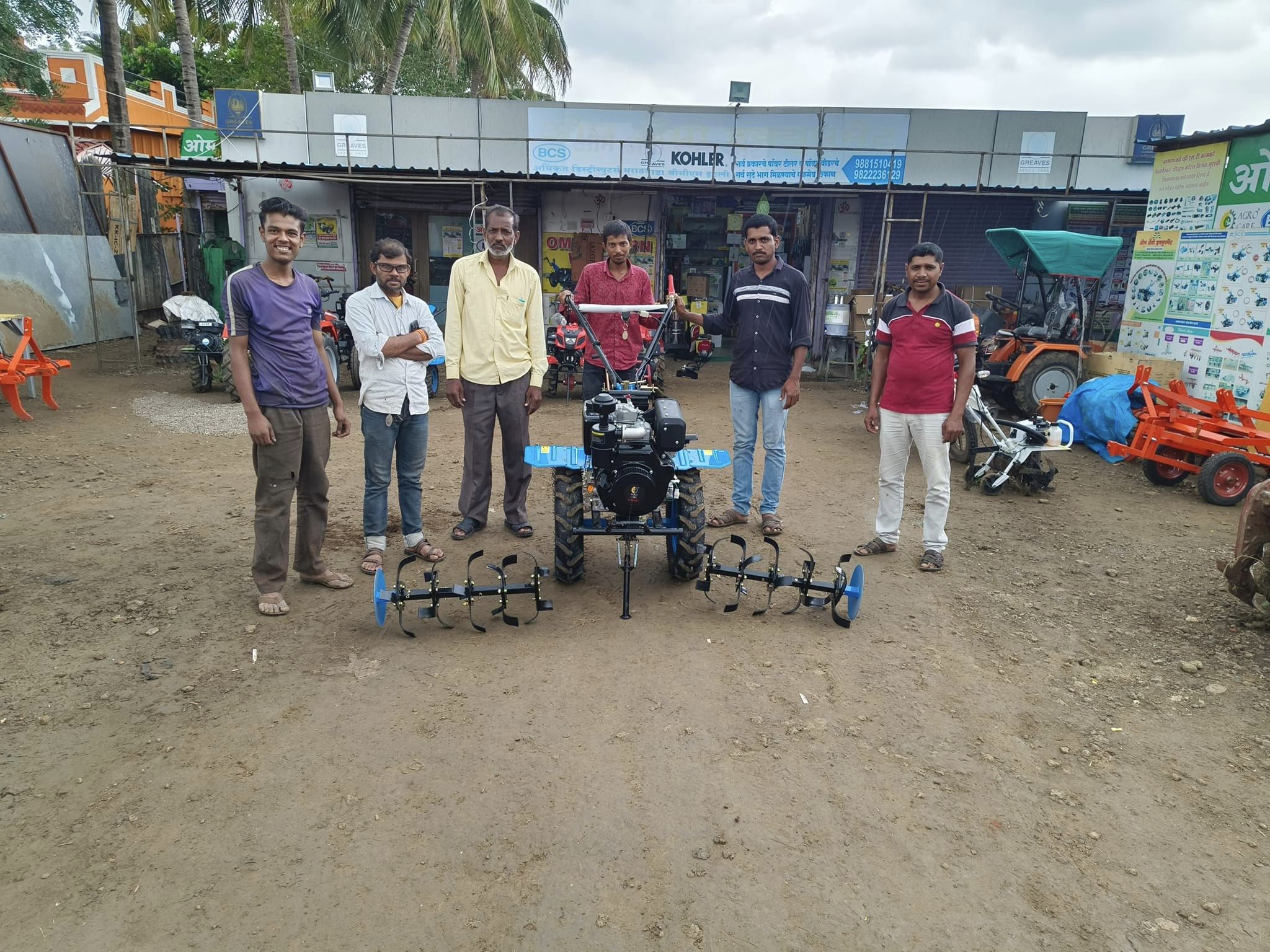[{"id":1381,"link":"https:\/\/omagroindia.com\/blog\/join-our-affiliate-program\/","name":"join-our-affiliate-program","thumbnail":{"url":"https:\/\/omagroindia.com\/wp-content\/uploads\/2019\/03\/agro-slider.jpg","alt":"Om Agro India"},"title":"Join Our Affiliate Program","postMeta":[],"author":{"name":"omashok","link":"https:\/\/omagroindia.com\/author\/omashok\/"},"date":"Oct 5, 2023","dateGMT":"2023-10-05 07:30:32","modifiedDate":"2023-10-05 09:54:26","modifiedDateGMT":"2023-10-05 09:54:26","commentCount":"0","commentStatus":"open","categories":{"coma":"<a href=\"https:\/\/omagroindia.com\/career\/\" rel=\"category tag\">Career<\/a>","space":"<a href=\"https:\/\/omagroindia.com\/career\/\" rel=\"category tag\">Career<\/a>"},"taxonomies":{"post_tag":""},"readTime":{"min":3,"sec":28},"status":"publish","excerpt":""},{"id":890,"link":"https:\/\/omagroindia.com\/blog\/electronics-engineer\/","name":"electronics-engineer","thumbnail":{"url":"https:\/\/omagroindia.com\/wp-content\/uploads\/2023\/09\/WhatsApp-Image-2023-09-23-at-11.31.26-AM.jpeg","alt":""},"title":"Electronics Engineer","postMeta":[],"author":{"name":"omashok","link":"https:\/\/omagroindia.com\/author\/omashok\/"},"date":"Sep 23, 2023","dateGMT":"2023-09-23 07:07:07","modifiedDate":"2023-10-07 12:30:13","modifiedDateGMT":"2023-10-07 12:30:13","commentCount":"0","commentStatus":"open","categories":{"coma":"<a href=\"https:\/\/omagroindia.com\/career\/\" rel=\"category tag\">Career<\/a>","space":"<a href=\"https:\/\/omagroindia.com\/career\/\" rel=\"category tag\">Career<\/a>"},"taxonomies":{"post_tag":""},"readTime":{"min":1,"sec":33},"status":"publish","excerpt":""},{"id":762,"link":"https:\/\/omagroindia.com\/blog\/marketing-executive\/","name":"marketing-executive","thumbnail":{"url":"https:\/\/omagroindia.com\/wp-content\/uploads\/2023\/09\/marketing.jpg","alt":""},"title":"Marketing Executive","postMeta":[],"author":{"name":"omashok","link":"https:\/\/omagroindia.com\/author\/omashok\/"},"date":"Sep 21, 2023","dateGMT":"2023-09-21 13:23:34","modifiedDate":"2023-10-07 12:33:15","modifiedDateGMT":"2023-10-07 12:33:15","commentCount":"0","commentStatus":"open","categories":{"coma":"<a href=\"https:\/\/omagroindia.com\/career\/\" rel=\"category tag\">Career<\/a>","space":"<a href=\"https:\/\/omagroindia.com\/career\/\" rel=\"category tag\">Career<\/a>"},"taxonomies":{"post_tag":""},"readTime":{"min":1,"sec":3},"status":"publish","excerpt":""}] 
A career in agriculture tool development can be both rewarding and impactful, contributing to the advancement of agricultural practices and the enhancement of efficiency in the sector. Here’s a guide on pursuing a career in agriculture tool development:
Educational Background:
- Bachelor’s Degree in Agricultural Engineering or Mechanical Engineering:
- Agricultural engineering programs often cover the principles of engineering as they apply to agriculture.
- Mechanical engineering provides a strong foundation in designing and developing machinery.
- Specialized Courses or Certifications:
- Consider taking specialized courses or certifications in precision agriculture, machinery design, or mechatronics.
Skill Set Development:
- Technical Skills:
- Proficiency in CAD (Computer-Aided Design) software for designing tools and machinery.
- Knowledge of programming languages for developing software for automated tools.
- Understanding of sensor technologies and IoT (Internet of Things) in agriculture.
- Problem-Solving Skills:
- Agriculture tool developers need to address challenges faced by farmers and develop innovative solutions.
- Understanding Agriculture Practices:
- Knowledge of farming practices is crucial to developing tools that align with the needs of farmers.
- Communication Skills:
- Ability to collaborate with agronomists, farmers, and other stakeholders to understand requirements and convey technical information.
Steps to Enter the Field:
- Gain Relevant Internship or Work Experience:
- Seek internships with companies or research institutions involved in agricultural tool development.
- Gain practical experience working on real-world projects.
- Networking:
- Attend industry conferences, workshops, and seminars to connect with professionals in the field.
- Join online forums and communities related to agricultural technology.
- Contribute to Open Source Projects:
- Contribute to open-source agricultural technology projects to showcase your skills and build a portfolio.
Career Paths:
- Product Development Engineer:
- Design and develop new agricultural tools, considering factors such as efficiency, cost, and environmental impact.
- Research and Development Specialist:
- Work in research institutions to explore and implement new technologies in agriculture.
- Precision Agriculture Specialist:
- Focus on developing tools for precision agriculture, utilizing technologies like GPS, sensors, and data analytics.
- Start Your Own Venture:
- Consider entrepreneurship by starting your own company to develop and sell innovative agriculture tools.
Industry Trends:
- Precision Agriculture:
- Develop tools that enhance precision in agriculture, optimizing resource use and minimizing environmental impact.
- Automation and Robotics:
- Explore the development of automated machinery and robotics for tasks like planting, harvesting, and monitoring.
- IoT and Sensor Technologies:
- Leverage IoT and sensor technologies to collect and analyze data for informed decision-making.
- Sustainable Agriculture Solutions:
- Work on tools and technologies that promote sustainable and eco-friendly farming practices.
Continuing Education:
- Master’s or Ph.D. in Agricultural Engineering or a Related Field:
- Advanced degrees can open up opportunities for research and leadership roles.
- Stay Updated on Technological Advances:
- Continuous learning is crucial in a field where technology is rapidly evolving.
Conclusion:
A career in agriculture tool development offers a unique blend of technology and agriculture, contributing to the modernization and sustainability of the farming sector. By acquiring the right education, skills, and experience, you can play a pivotal role in shaping the future of agriculture.

